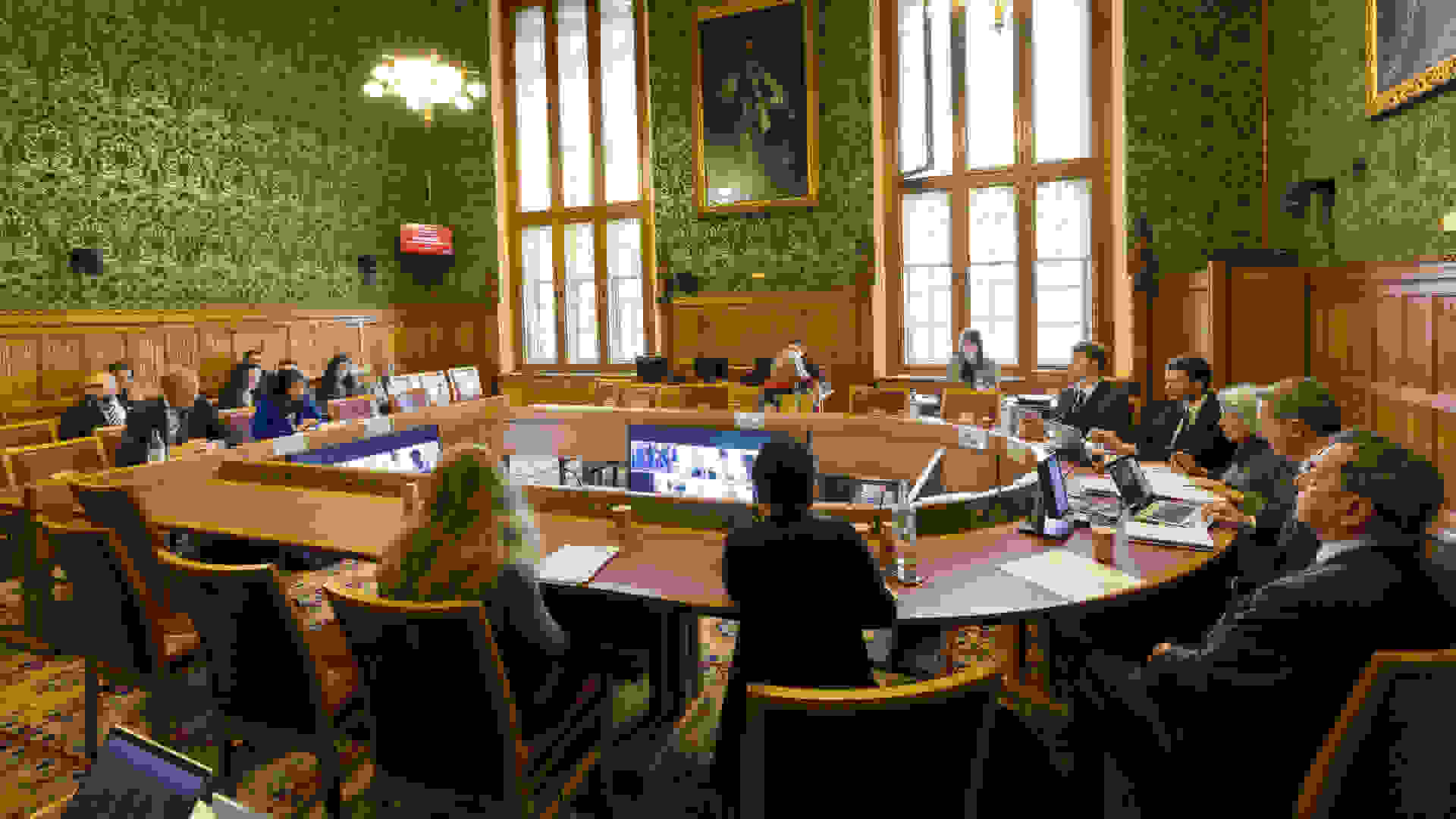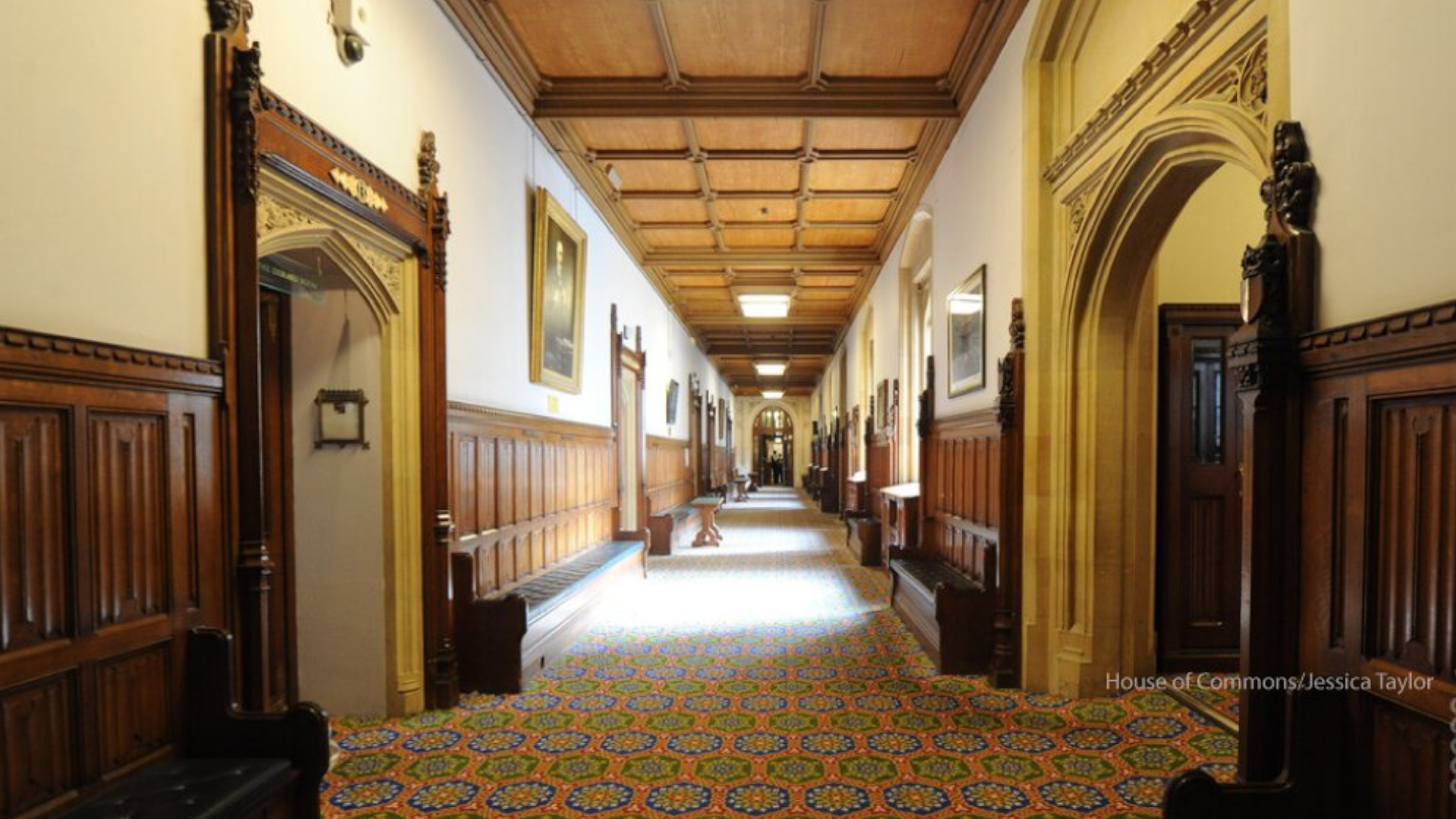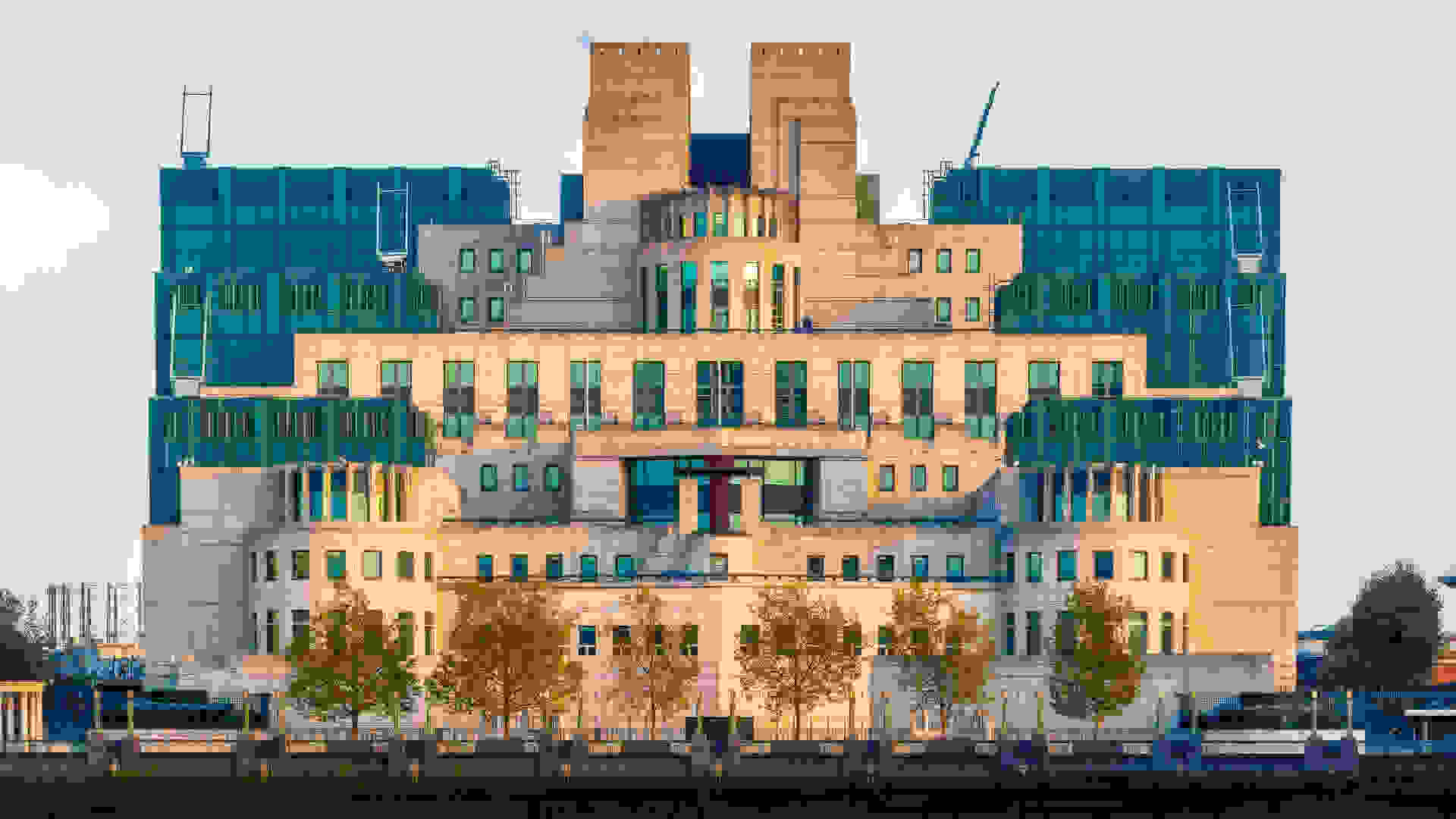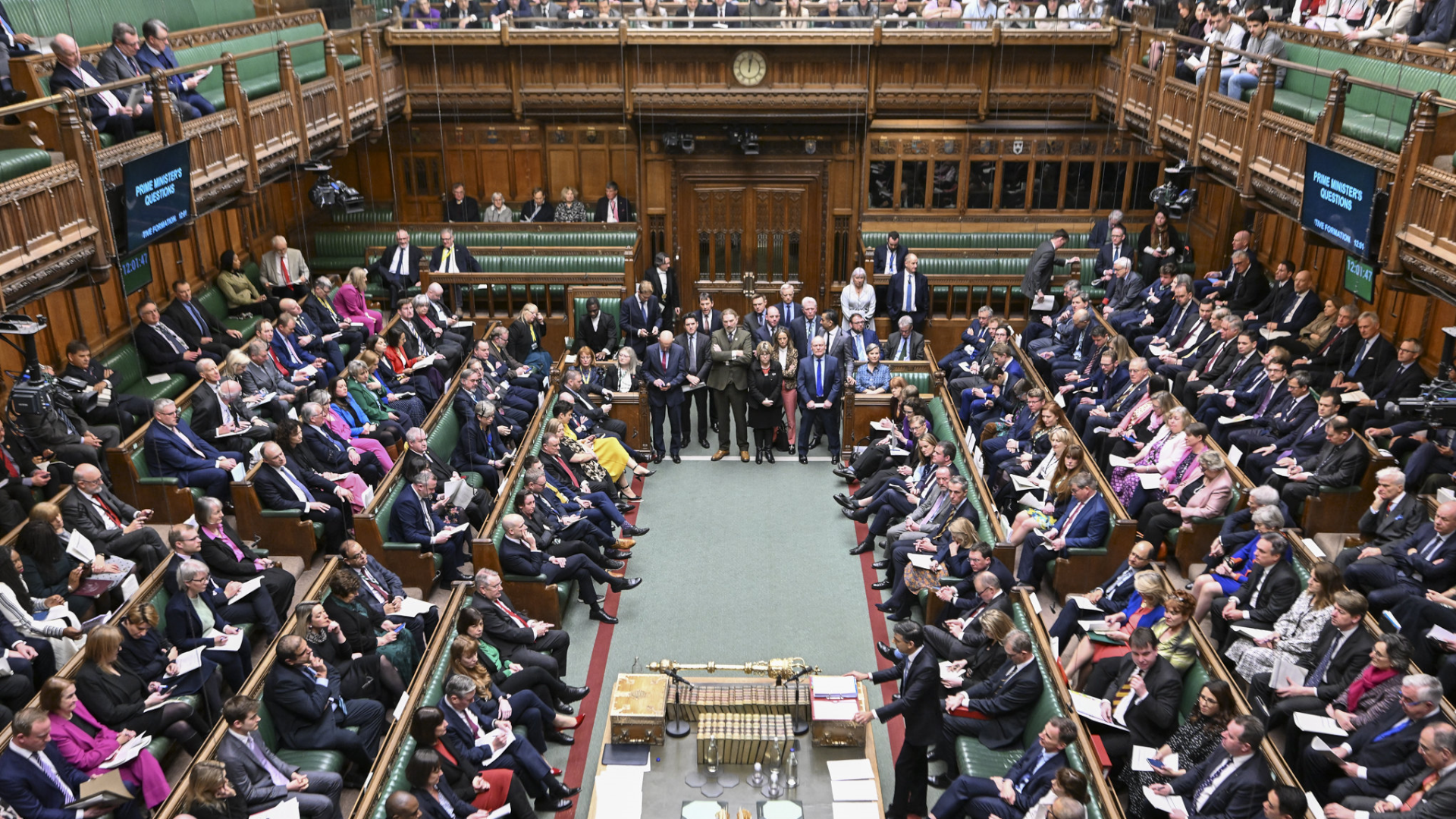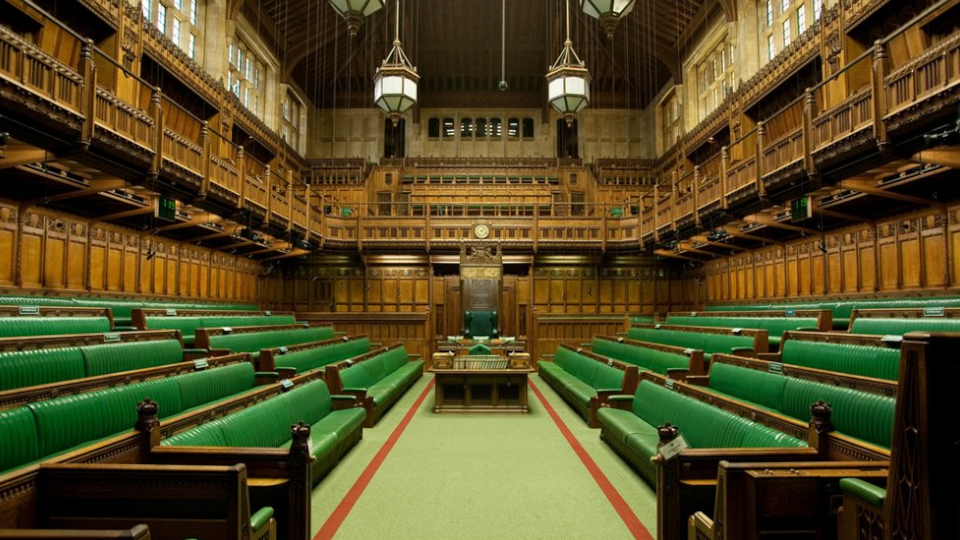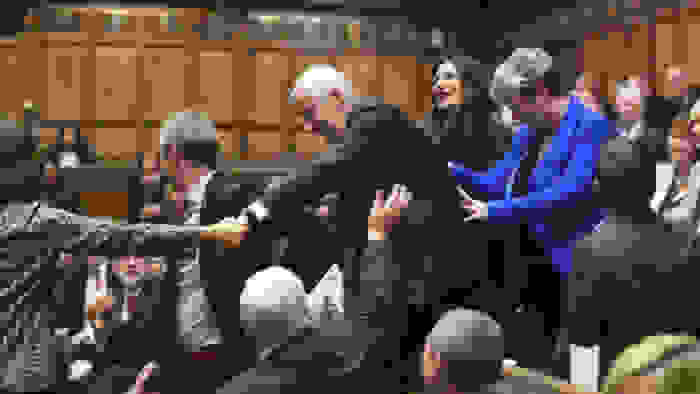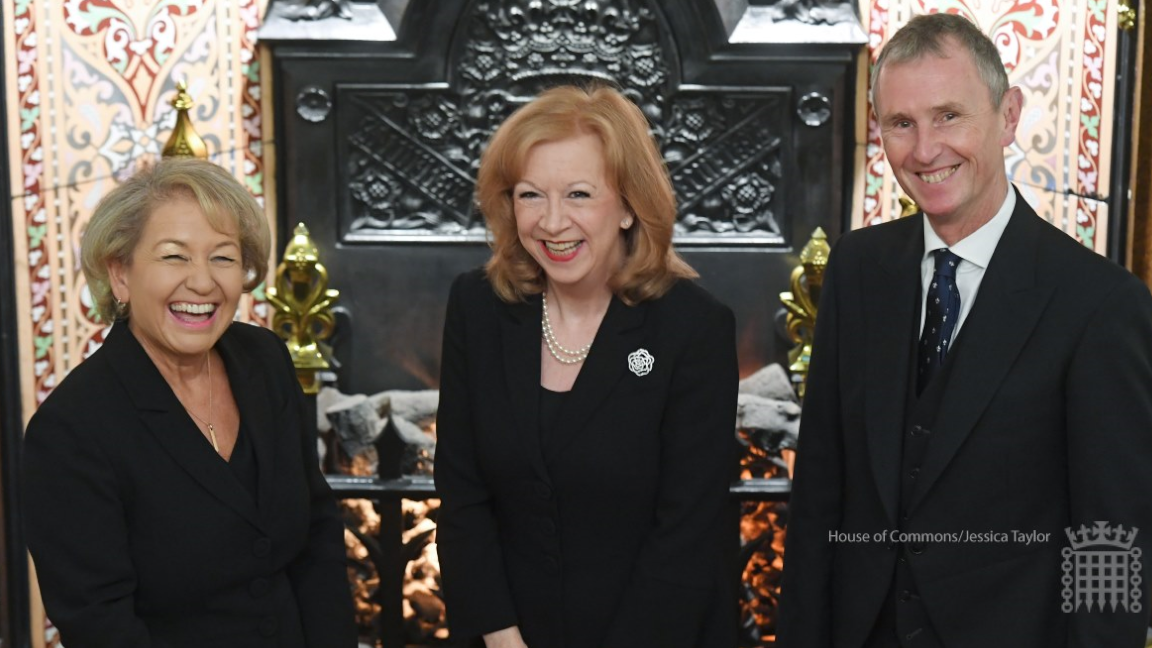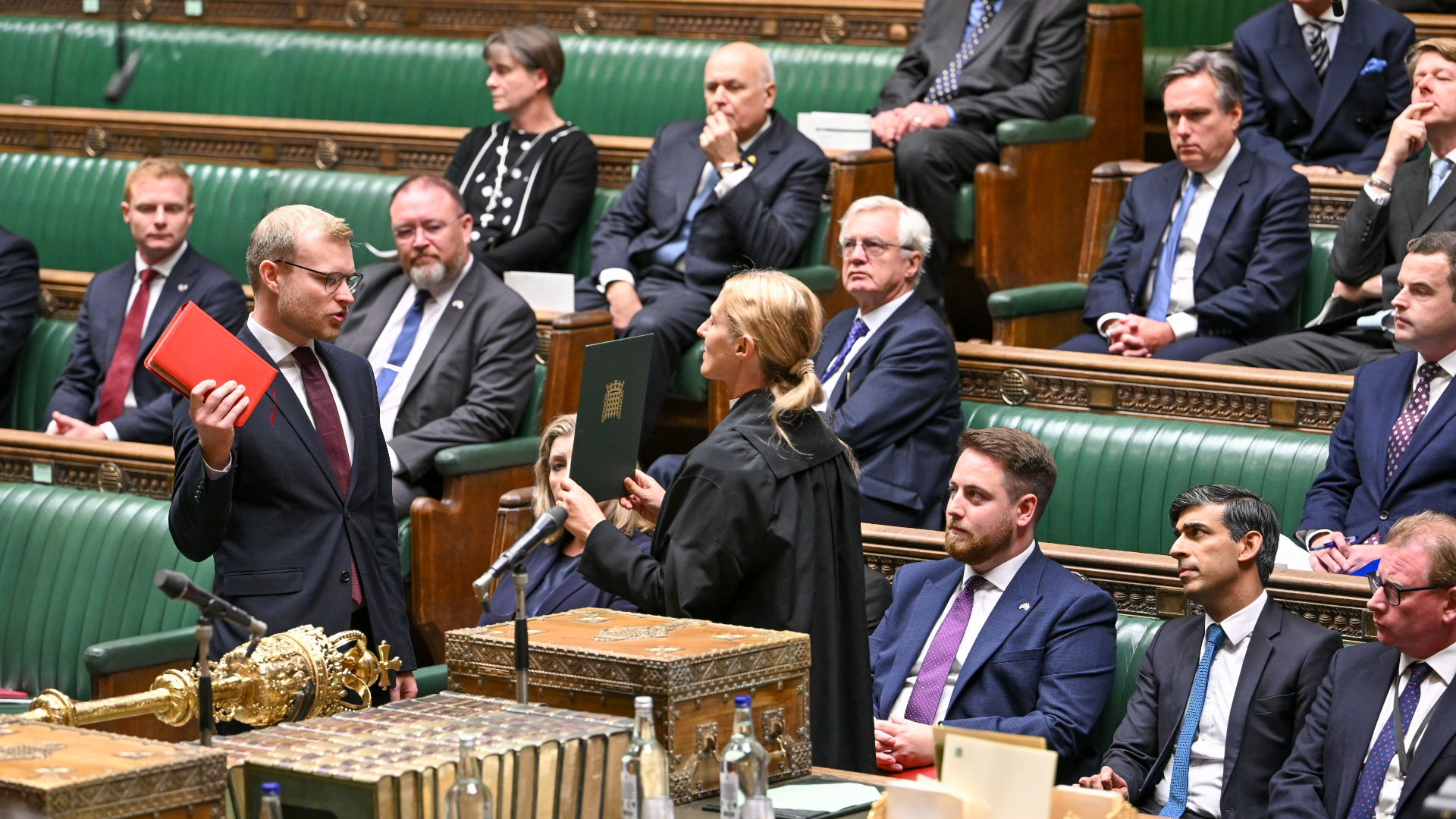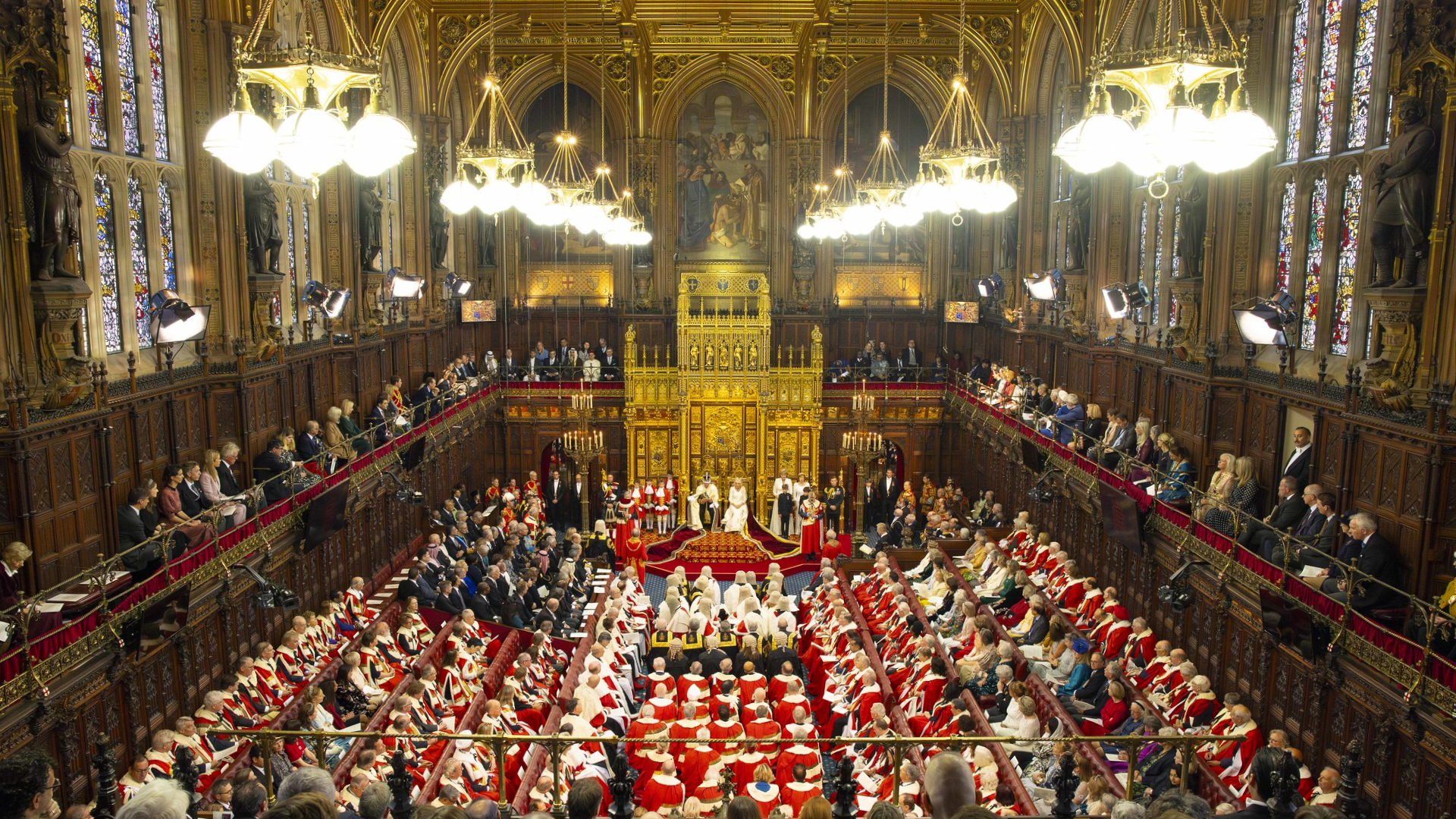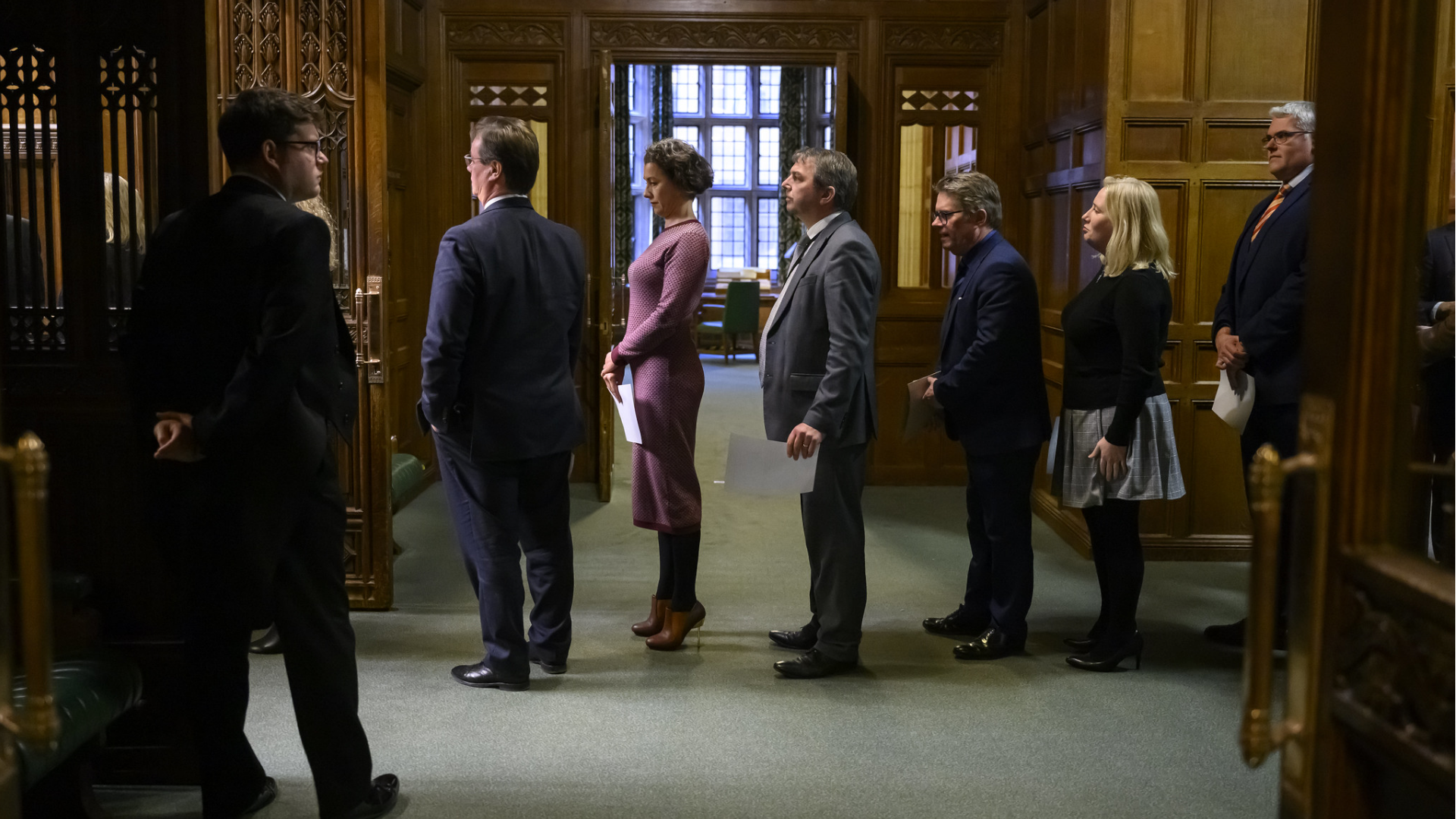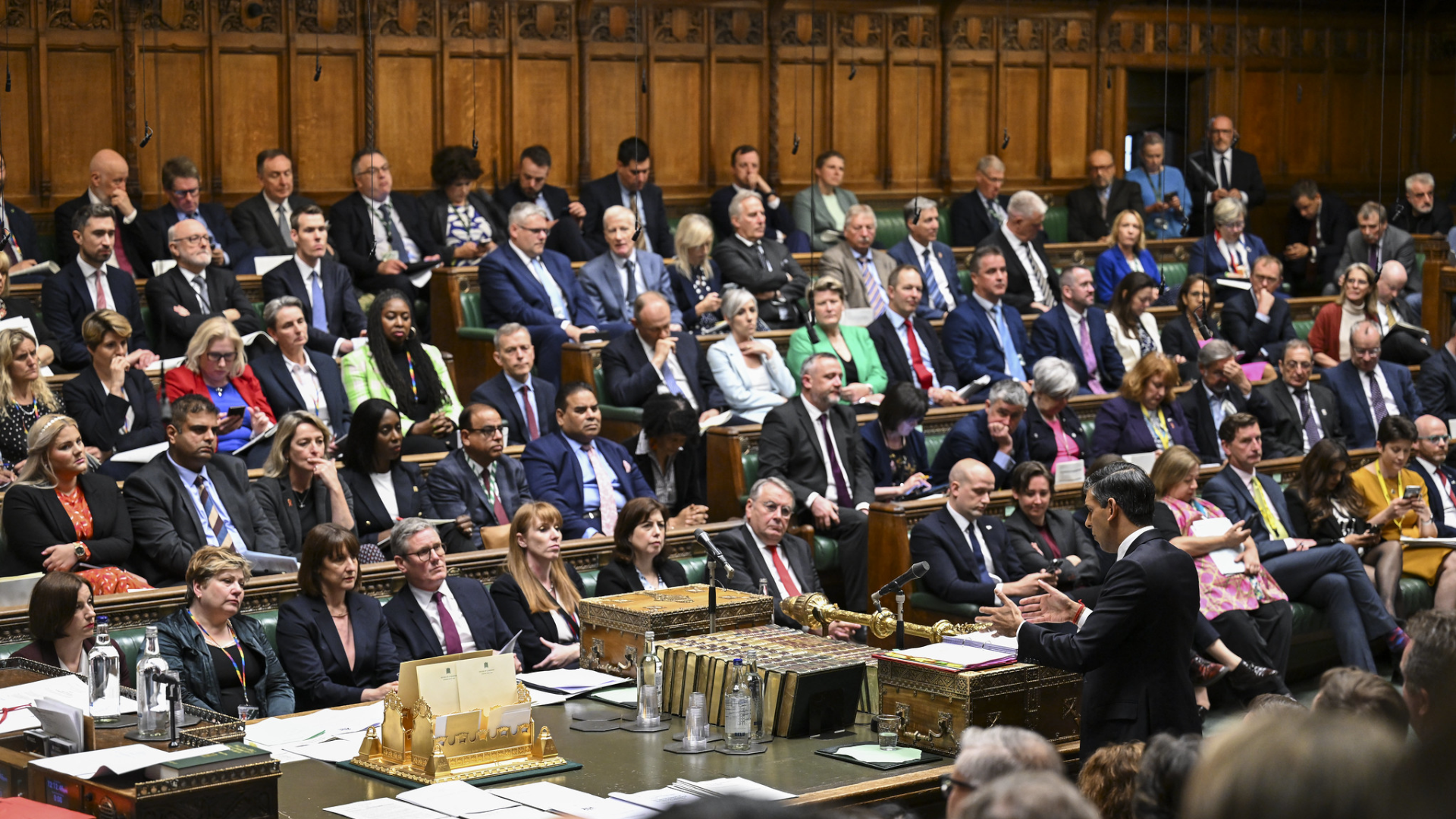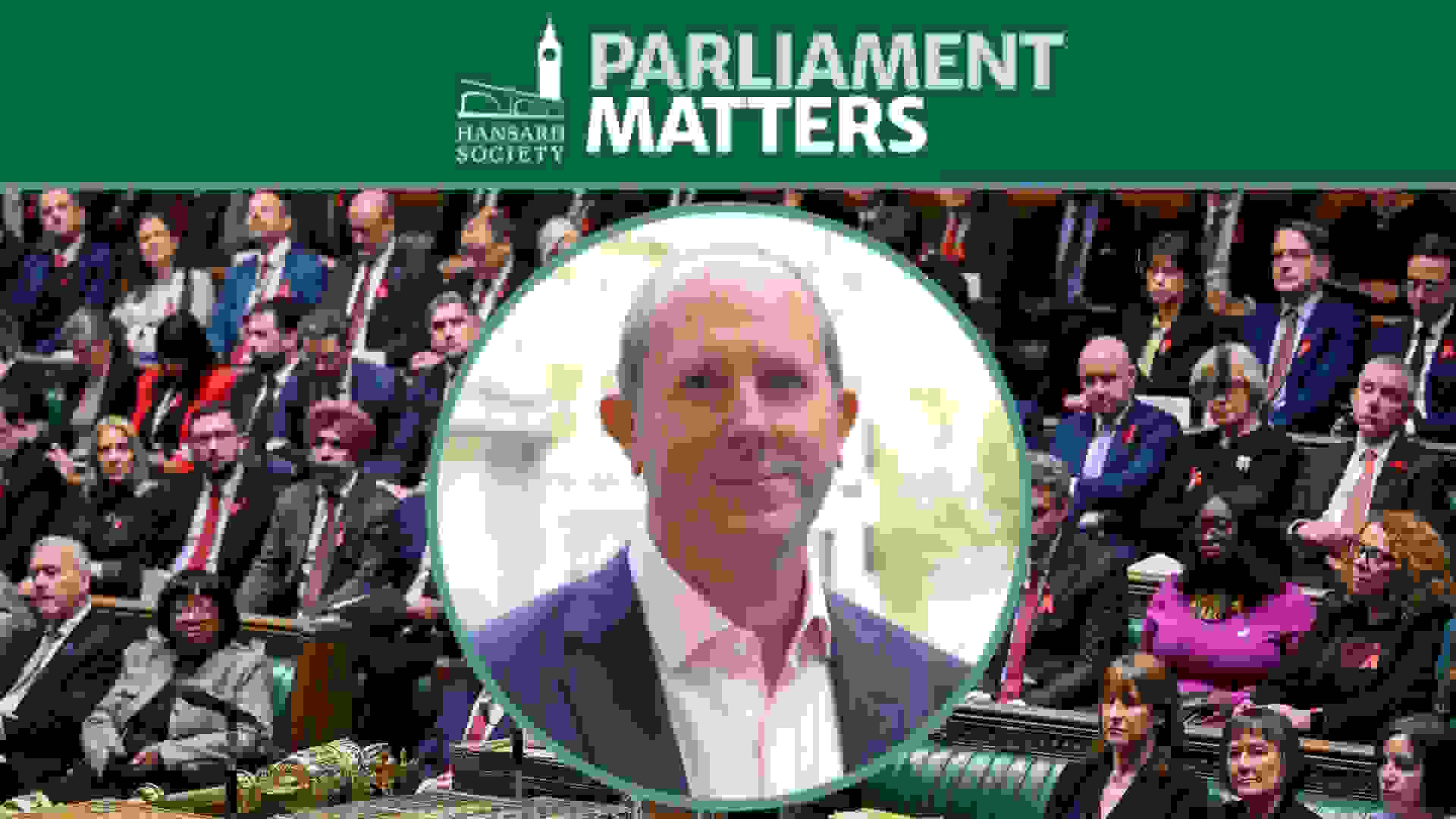Blog / New blood for Select Committees? House of Lords’ ‘rotation rule’ proves less than straightforward
A January 2023 debate shows the House of Lords still seeking to settle on a 'rotation rule' for its Select Committee Members that accommodates the numbers of Peers who wish to serve, the benefits of wide participation but also experience and institutional memory, the varying nature of Committees, and the changeable lengths of parliamentary Sessions. The issue seems likely to return.
